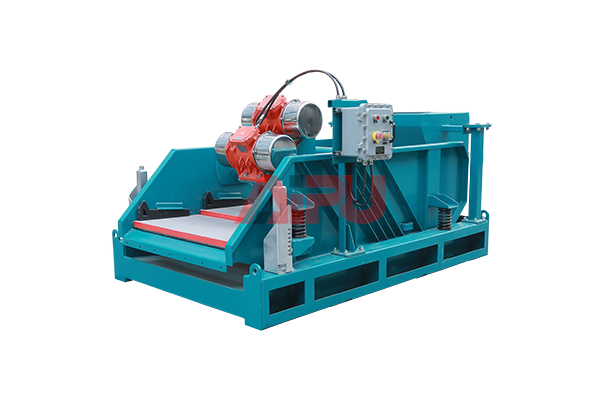Why is the Service Life Important for Solids Control Systems?
The service life of a solids control system plays a critical role in operational efficiency, cost management, and environmental compliance. A well-designed system with a long lifespan ensures consistent performance, reduces downtime, and minimizes replacement costs. Understanding the factors that influence longevity helps operators make informed decisions when selecting equipment.
Solids control systems face harsh working conditions, including abrasive drilling fluids, high-pressure environments, and continuous operation. Components like shale shakers, centrifuges, and desanders endure significant wear over time. Systems built with high-quality materials and robust engineering withstand these challenges better, delivering reliable performance for years.
Longer service life directly impacts total cost of ownership. While premium systems may have higher initial costs, their extended operational periods often result in lower long-term expenses. Frequent replacements of inferior equipment lead to increased capital expenditures, installation downtime, and training costs for personnel.
Maintenance requirements also factor into service life considerations. Well-designed systems incorporate features that simplify routine maintenance and component replacement. Easy access to wear parts, standardized components, and smart monitoring systems all contribute to prolonging equipment lifespan while keeping maintenance costs manageable.
Environmental regulations increasingly demand efficient solids control throughout a drilling operation's duration. Systems that maintain performance consistency over many years help operators comply with evolving environmental standards without requiring premature equipment upgrades.
Technological advancements in materials science and engineering continue to push the boundaries of solids control system durability. Modern systems benefit from improved metallurgy, advanced composite materials, and innovative designs that resist corrosion and mechanical wear.

Operational efficiency remains closely tied to equipment lifespan. As components wear, separation efficiency typically declines, leading to increased costs for fluid replacement and waste disposal. High-quality systems maintain performance parameters longer, ensuring optimal solids removal throughout their service life.
The reputation of equipment manufacturers often reflects in their products' longevity. Established providers with extensive field experience typically deliver systems that outperform cheaper alternatives in durability and reliability metrics.
If your project requires solids control equipment, choose Aipu Solids Control for what will prove to be your best selection.
